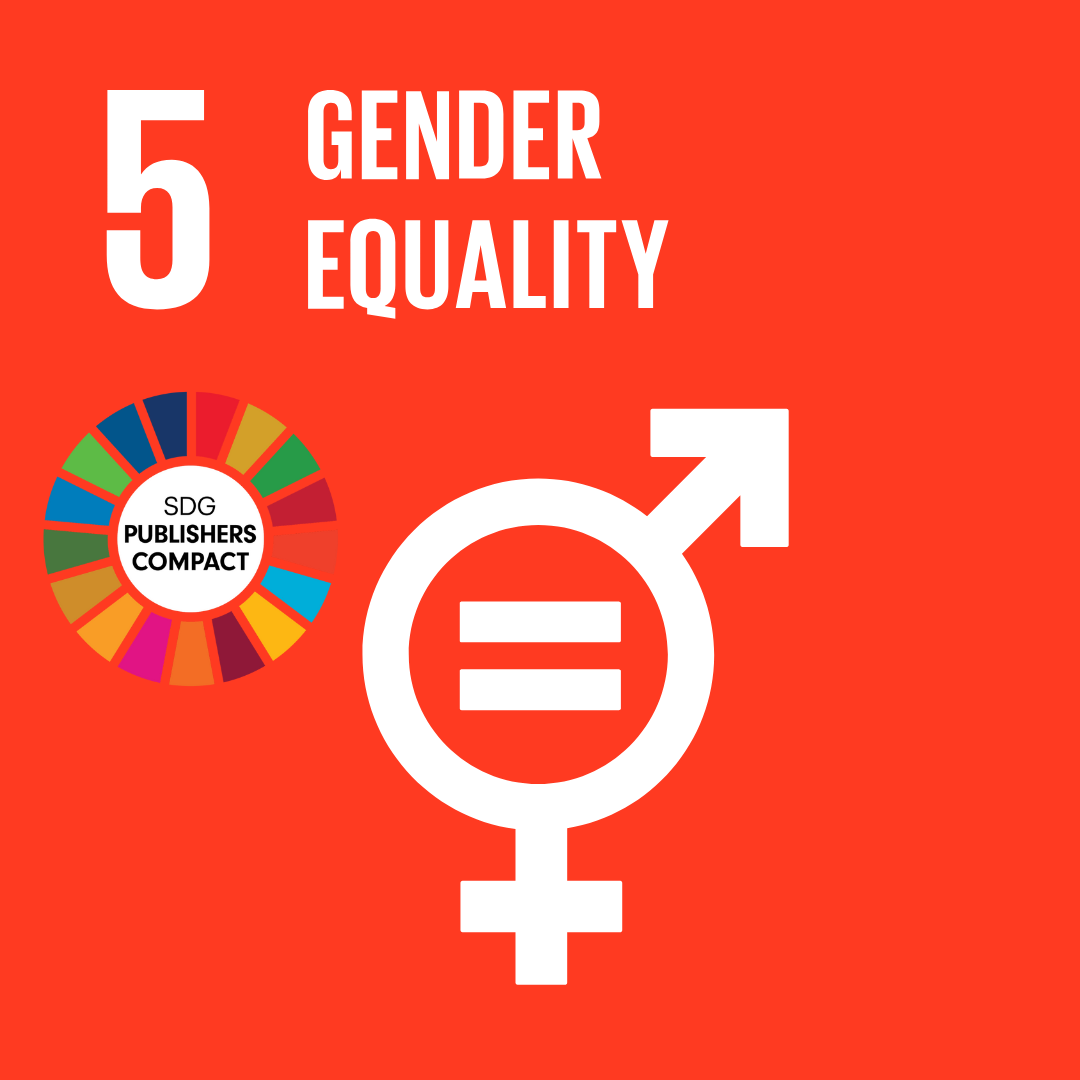Abstract
Objective: This study investigates the impact of women's empowerment on reducing rural poverty in Shongom Local Government Area, Gombe State, Nigeria.
Methodology: The research utilized both primary and secondary data, employing systematic sampling to select respondents across ten wards. Data collection methods included questionnaires and focus group discussions. Descriptive statistics and Pearson’s Chi-Square Test were used to analyze the data and test the hypothesis regarding the relationship between women's empowerment and poverty reduction.
Results: Findings indicate a significant relationship between women's empowerment and poverty reduction. Empowered women reported higher average annual incomes and greater capacity to support their families financially. The study also revealed that education and skills training have substantial impacts on empowering women, thereby enhancing their economic contributions.
Conclusions:
Empowering women is crucial for reducing rural poverty, as it improves their economic status and enables them to fulfill vital family roles. Policies should focus on education, skills training, and the abolition of discriminatory cultural practices to achieve sustainable empowerment and poverty alleviation.
References
Africa Development Bank (2012). Demographic Dividend or Time Bomb. Tunis, Belvedere Tunisia
Dejene, Y. (2014). Promoting Women’s Economic Empowerment in Africa.
Department for international development (DFID) (2010), agenda 2010 -– the turning point on poverty: background paper on gender, London: DFID.
Executive Mansion (2012). President Sirleaf Chairs Heads of State Luncheon Meeting to support Fund for African Women's Focus on Agriculture and Food Security; Launches Initiative to Empower Women in Agriculture.
Eyben, R. - Kabeer, N. - Cornwall, A. (2008). Conceptualising empowerment and the implications for pro poor growth: A paper for the DAC Poverty Network. Brighton, Institute of Development Studies.
IFAD (International Fund for Agricultural Development), (2012). Towards Purpose full Partnerships in African agriculture: A joint evaluation of the agriculture and rural development policies and operations in Africa of the AfDB and IFAD
International Center for Research on Women (ICRW) (2013). “The Issue: Women’s assets and property” in Ghana. Journal of the Political Economy, 116(6): 981–1022.
Kabeer, N. (2001). Reflections on the measurement of women's empowerment. Discussing Women's Empowerment: Theory and Practice. Sida. Stockholm, Swedish International Development and Cooperation Agency.
Kemi, A.O. - Jenyo, O.G. (2016). Gender Equality and the Empowerment of Women and Girls in Nigeria: The Way Forward to National Security. Open Journal of Social Sciences, 4, 230-240.
Kolo, M. T. - Uddin K., - Mayeen M. A., - Yusoff A., - Wan H. B. (2016). Quantification and Radiological Risk Estimation Due to the Presence of Natural Radionuclides in Maiganga Coal, Nigeria. Map of Nigeria Showing Gombe State. https://doi.org/10.1371/journal.pone.0158100.g001
National Bureau of Statistics (2020). 2019 Poverty and Inequality in Nigeria: Executive Summary
Odeh, M. A. - Okoye, C. O. (2014). Poverty Reduction Policy and Youth Unemployment Administration Research. Vol. 3 (4).
Ogunlela Yemisi I. - Aisha A. Mukhtar (2009). Gender Issues in Agriculture and Rural Development in Nigeria: The Role of Women. Humanity & Social Sciences Journal 4
(1) pp19-30
Sani, M. A., - Hamza, S. Y., - Garba, I. - Usman, A. (2019). Geoelectrical Evaluation of Groundwater Potentials of Shongom and Environs, Upper Benue Trough, Nigeria. Savanna Journal of Basic and Applied Sciences (December 2019), 1(2): 169-174. ISSN: 2695-2335
Schmitz, C. (2009). Working Paper December on Sida Gender Equality Team In develop-IPM, Sida.
The National report for 2004 United Nations Conference on Environment and Development United Nations (2010) Keeping the promise: united to achieve the Millennium Development Goals, New York: United Nations
World Bank (1975). “RuralDevelopment: Sector Policy Paper”. Washington D. C. World Bank (1990). Development Report, Oxford: Oxford University Press.
World Bank (2001) Engendering Development Through Gender Equality in Rights, Resources, and Voice.
Zoellick, R. (2010). Extracted from World Bank President Zoellick’s speech at the MDG3 conference, Copenhagen, 25 March.

This work is licensed under a Creative Commons Attribution 4.0 International License.

